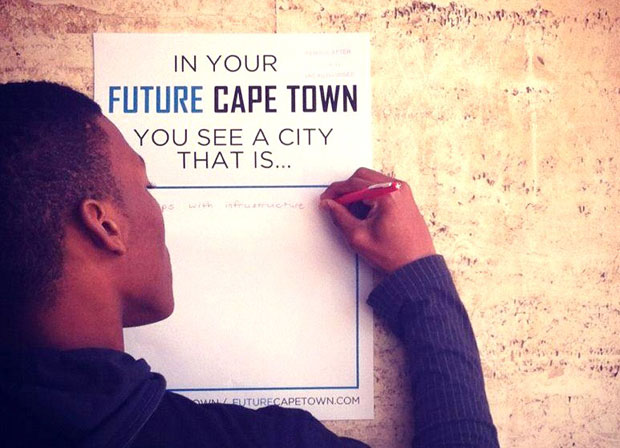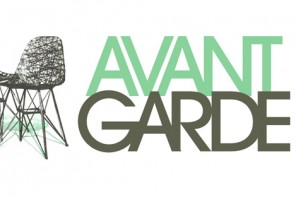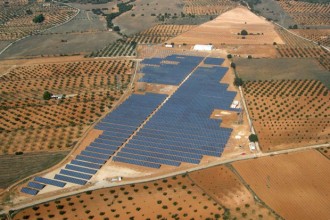Is Cape Town city designed in a sustainable, ‘liveable’ way? Rashiq Fataar, MD of Future Cape Town thinks we could do better, and is working hard on the how. Read about his ideas on urban design.
According to the Siemens Green Cities index for Africa, Cape Town produces more waste per person than most cities, uses more electricity per person, and has a lack of ‘density’ – all indications of an unsustainable city.
Rashiq’s vision is simple – he wants a Cape Town that is more sustainable, progressive and people friendly. This he believes can be achieved through things like better urban planning, improved public transport systems, more housing opportunities and a more ‘compact’ city design.
‘Cape Town needs to better exploit the amazing talent and potential that exists in our city,’ Rashiq says. ‘A people-friendly, sustainable city requires a mesh of ideas, strategies, individuals and organizations to work towards one goal.’
Future Cape Town, a social media movement and urban consultancy, were very much involved in the Cape Town bid for World Design Capital 2014, driving the coverage for the city’s inspection via social media platforms. On various campaigns Future Cape Town have used tools such as Twitter to educate and encourage conversation around various city issues such as urban identity and city cycling (you can join in by checking out #CityTalk or here).
Other projects include encouraging citizens to share their vision for their city by way of voting (Your City Idea). They have partnered on projects with both local international organisations, including City of Cape Town on the upcoming collaboration #CityTalk on Transport.
‘But it takes not only good and well-thought-out policies to create a sustainable city,’ says Rashiq. ‘Strong implementation and leadership on key urban issues is very important too.’
Future Cape Town believe smart city design can help prevent crime – for example, well-lit roads – and consider an adequate public transport system to be a cornerstone of a sustainable, ‘liveable’ city. They like to encourage citizenry, which involves engaging city dwellers in healthy debate around issues like more accessible basic services and housing.
‘The role of the citizen is evolving from passive to more active,’ says Rashiq. ‘We have experienced a global movement and shift in the power between citizens and governments –design, technology and democracy now act as tools to empower citizens to play a more active role in their cities.’
‘We need to work against complacency towards the real needs of a developing and modern city, something which should be shaped by all of us,’ he adds.
Do you agree? Find out more about Future Cape Town here.











